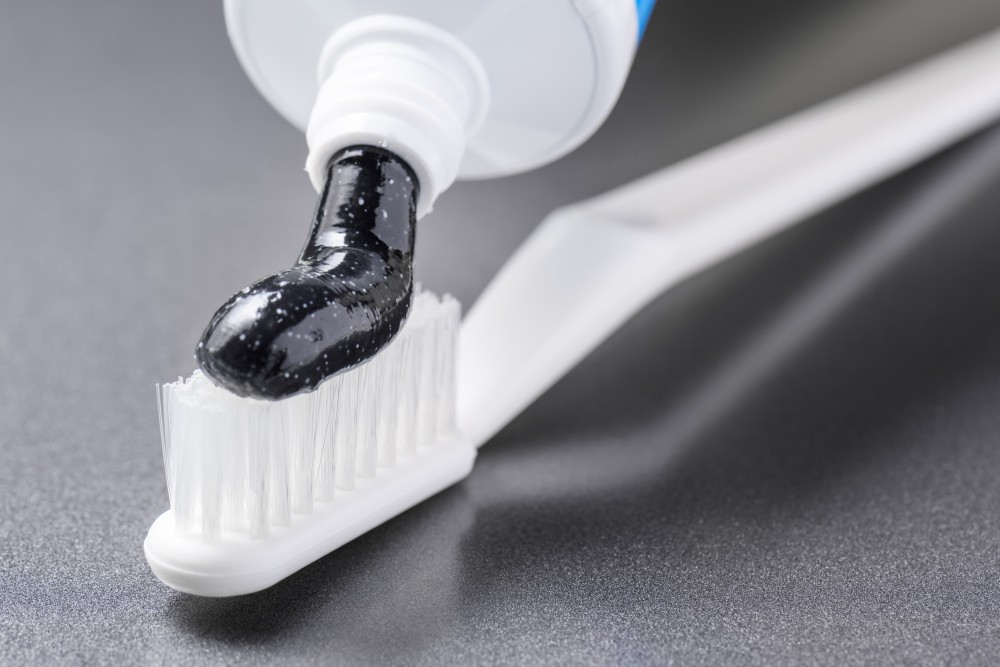 We love our teeth. They help us eat, they give us a beautiful smile, and they keep our jaw bones healthy and strong. But sometimes we do things to our teeth that are bad for them and can cause irreparable damage. Some of these bad habits can be easy to break, but others take some practice. Here are just a few things you should never ever do with your teeth - and some solutions, too.
We love our teeth. They help us eat, they give us a beautiful smile, and they keep our jaw bones healthy and strong. But sometimes we do things to our teeth that are bad for them and can cause irreparable damage. Some of these bad habits can be easy to break, but others take some practice. Here are just a few things you should never ever do with your teeth - and some solutions, too.
 Having white, healthy teeth is something many people aspire to. Studies have shown that people perceive white teeth as making you look younger, healthier and more attractive. But for some people, getting those pearly whites the right shade of white can be a challenge. Stained, cracked, chipped and misshapen teeth can be impossible to improve without dental intervention, but there are solutions for those willing to pay the price.
Having white, healthy teeth is something many people aspire to. Studies have shown that people perceive white teeth as making you look younger, healthier and more attractive. But for some people, getting those pearly whites the right shade of white can be a challenge. Stained, cracked, chipped and misshapen teeth can be impossible to improve without dental intervention, but there are solutions for those willing to pay the price.
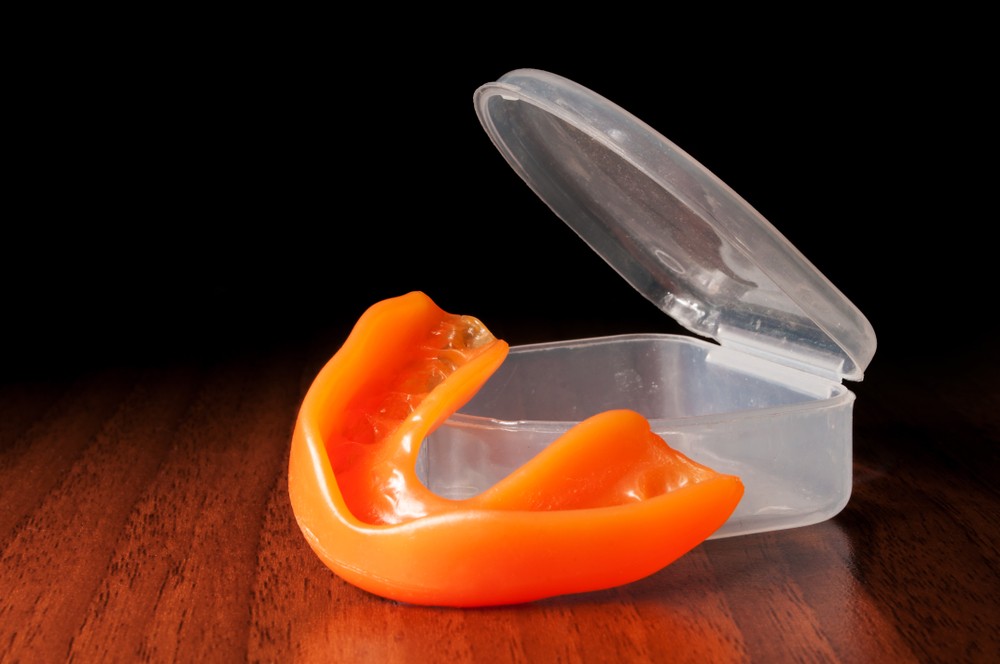 Do you wear a mouth guard? Maybe you feel like you don’t need to because you don’t play a sport, but there are many reasons people wear mouth guards that have nothing to do with athletic activities. Mouth guards can be a significant financial investment for some people, but believe it or not, they can often pay for themselves over time, especially when it comes to wear and tear on the teeth. Here are a few ways in which anyone can benefit from wearing a mouth guard.
Do you wear a mouth guard? Maybe you feel like you don’t need to because you don’t play a sport, but there are many reasons people wear mouth guards that have nothing to do with athletic activities. Mouth guards can be a significant financial investment for some people, but believe it or not, they can often pay for themselves over time, especially when it comes to wear and tear on the teeth. Here are a few ways in which anyone can benefit from wearing a mouth guard.
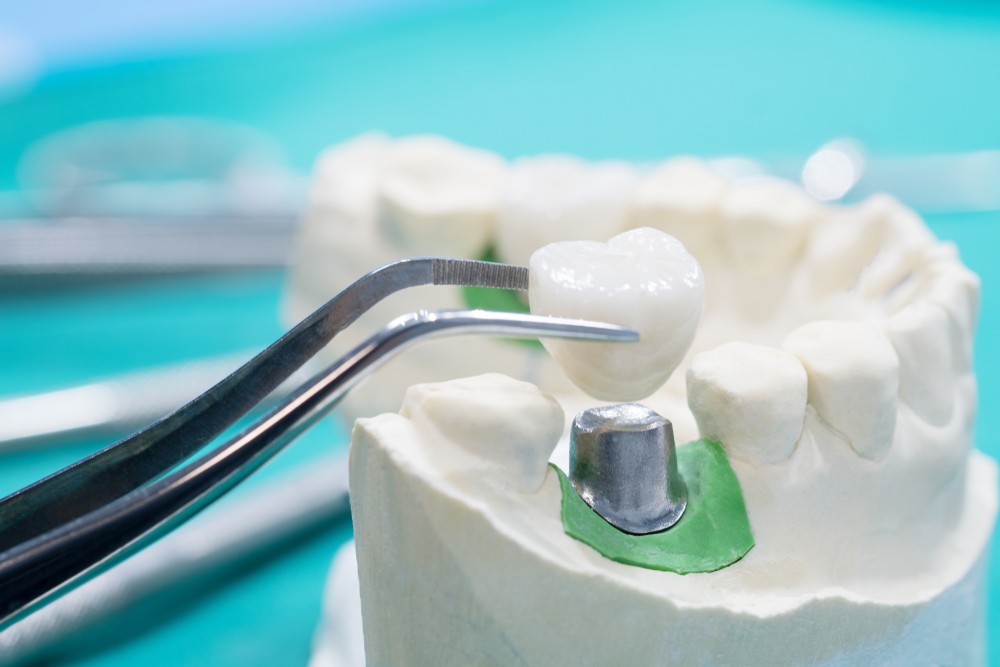 Getting a dental crown can be a nerve-wracking experience for anyone, but the procedure is nothing to be afraid of. Think of your crown as a deluxe filling – the Cadillac of fillings, if you will. A crown is a great way to restore your tooth without being obvious. If your dentist recommends you have a crown put on, congratulations – most likely your natural tooth can be saved!
Getting a dental crown can be a nerve-wracking experience for anyone, but the procedure is nothing to be afraid of. Think of your crown as a deluxe filling – the Cadillac of fillings, if you will. A crown is a great way to restore your tooth without being obvious. If your dentist recommends you have a crown put on, congratulations – most likely your natural tooth can be saved!
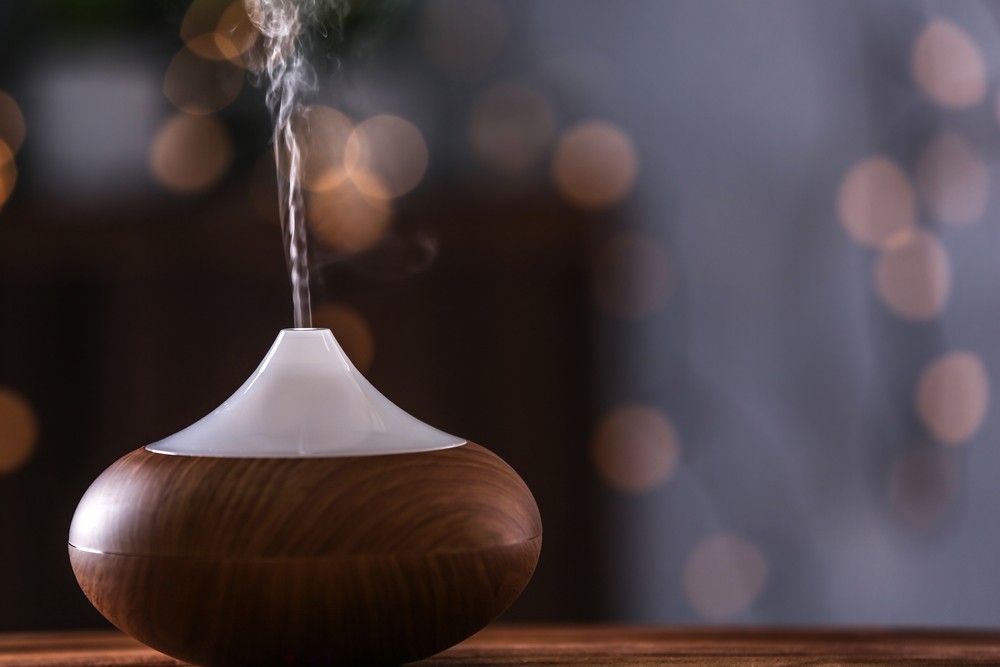 Stress. It can strike at any time, any place, and for any reason. But when it comes to stress, nothing seems to bring it on quite like work. Whether it’s a tough client, a fast-approaching deadline or a project that just won’t seem to come together, for most people, work stress is just a fact of life. Worse yet, stress can cause us to do some bad things, including grinding our teeth, clenching our jaws and even mindlessly snacking on sugary foods.
Stress. It can strike at any time, any place, and for any reason. But when it comes to stress, nothing seems to bring it on quite like work. Whether it’s a tough client, a fast-approaching deadline or a project that just won’t seem to come together, for most people, work stress is just a fact of life. Worse yet, stress can cause us to do some bad things, including grinding our teeth, clenching our jaws and even mindlessly snacking on sugary foods.
But you don’t need to let stress ruin your oral health. Here are some tips you can use anywhere to help reduce your stress level without gritting your teeth or reaching for that bag of candy hidden in your desk (we see you!).
 There’s something different about actress Dakota Johnson these days. Following a recent appearance on the talk show The Tonight Show Starring Jimmy Fallon, Johnson revealed that a change in her famous gap-toothed smile was due to the removal of a permanent retainer. According to Johnson, once the retainer was removed, her teeth shifted, and the signature space between her top two central incisors closed up. Johnson addressed concerns of saddened fans who have grown accustomed to the actress’s teeth, which in a sea of spotless Hollywood smiles always stood out. She assured them that the gap would be back following further treatment.
There’s something different about actress Dakota Johnson these days. Following a recent appearance on the talk show The Tonight Show Starring Jimmy Fallon, Johnson revealed that a change in her famous gap-toothed smile was due to the removal of a permanent retainer. According to Johnson, once the retainer was removed, her teeth shifted, and the signature space between her top two central incisors closed up. Johnson addressed concerns of saddened fans who have grown accustomed to the actress’s teeth, which in a sea of spotless Hollywood smiles always stood out. She assured them that the gap would be back following further treatment.
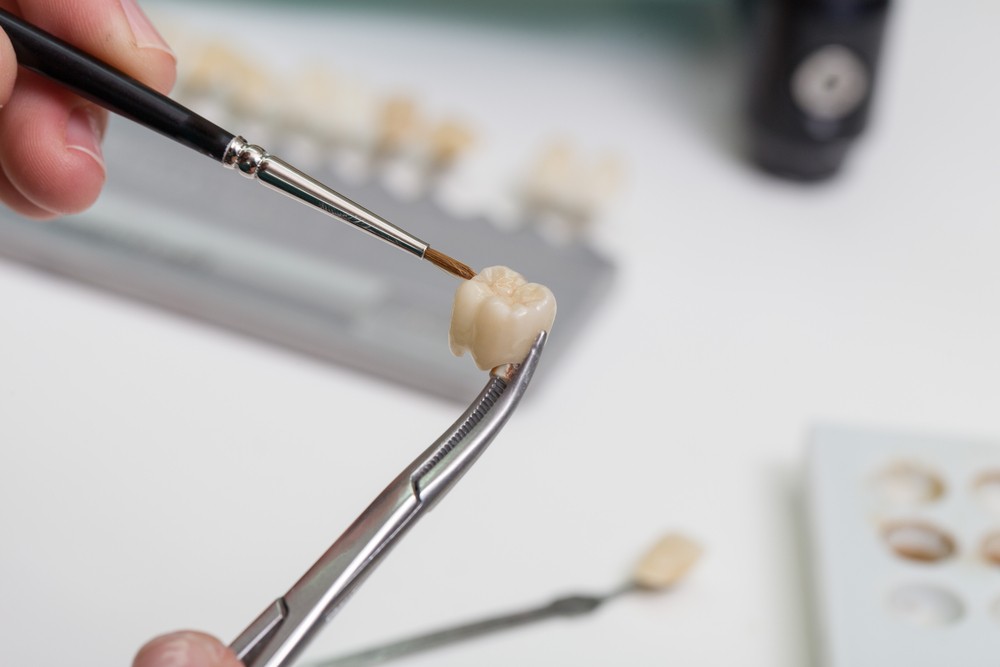 There are many different disorders and defects of the teeth. One you may not have heard of is enamel hypoplasia. It’s a bit of a tongue twister, but basically it means that the tooth or teeth affected do not have fully developed enamel (in fact, the word hypoplasia means "underdeveloped"). Enamel hypoplasia is caused by cells called ameloblasts, which don’t properly form or incur damage during the tooth’s development. Enamel hypoplasia presents itself on the tooth as white or brown spots, or pitting in the tooth itself.
There are many different disorders and defects of the teeth. One you may not have heard of is enamel hypoplasia. It’s a bit of a tongue twister, but basically it means that the tooth or teeth affected do not have fully developed enamel (in fact, the word hypoplasia means "underdeveloped"). Enamel hypoplasia is caused by cells called ameloblasts, which don’t properly form or incur damage during the tooth’s development. Enamel hypoplasia presents itself on the tooth as white or brown spots, or pitting in the tooth itself.
Unfortunately, people with enamel hypoplasia often get cavities more easily and frequently on their affected tooth or teeth, so offering those teeth an extra layer of protection is vital.
 We all know what can happen to our teeth and gums when we don’t take good care of our oral health: cavities, root canals, gum disease and worse. But what many people don’t realize is that our oral health doesn’t just affect our teeth and gums - it affects our entire body.
We all know what can happen to our teeth and gums when we don’t take good care of our oral health: cavities, root canals, gum disease and worse. But what many people don’t realize is that our oral health doesn’t just affect our teeth and gums - it affects our entire body.
In fact, a new study in the American Society for Microbiology journal mSphere took a closer look at the link between poor oral health and another area of the body: the lungs. The results were startling. The problem starts with something in our mouths called "microflora." And while the name microflora may sound pretty and cute, the microflora in our mouths are anything but.
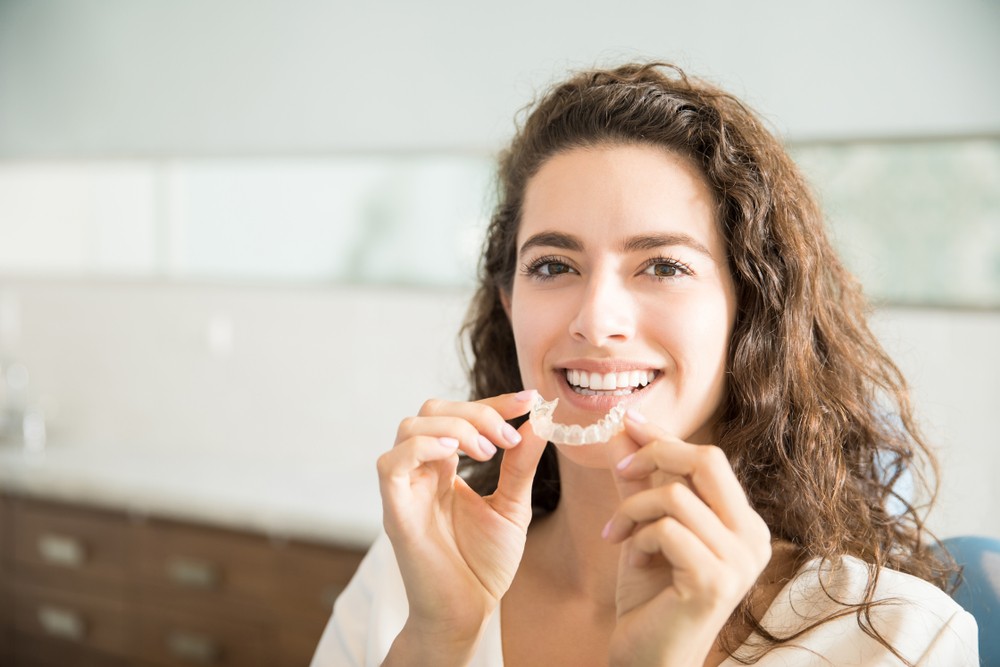 Patients looking for a seemingly more convenient way to get straighter teeth may soon have another option. With the advent of by-mail orthodontics, a crop of companies have begun to pilot at-home orthodontic kit sales and kiosks in stores and malls. But is this a good idea? After all, we all lead busy lives and convenience is important - but some dentists think this do-it-yourself trend could be very, very dangerous.
Patients looking for a seemingly more convenient way to get straighter teeth may soon have another option. With the advent of by-mail orthodontics, a crop of companies have begun to pilot at-home orthodontic kit sales and kiosks in stores and malls. But is this a good idea? After all, we all lead busy lives and convenience is important - but some dentists think this do-it-yourself trend could be very, very dangerous.
Dr. Gary Lederman is a dentist based in Bellmore, New York. He treats patients for a variety of oral health conditions that require orthodontic intervention – from crooked teeth to temporomandibular joint disorder. He sees this new trend of by-mail orthodontics as potentially dangerous.
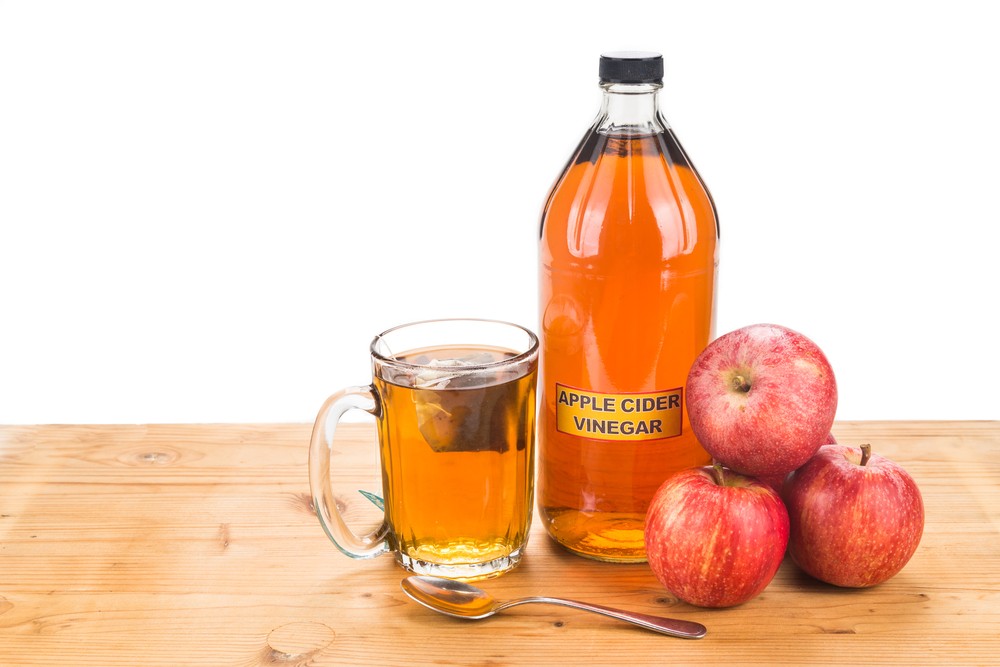 It’s soaring in popularity among celebrities and developing a cult following among the rest of the population. It’s supposed to do everything from suppress appetite to lower cholesterol – and it's affordable and available over the counter. So, what’s this miracle substance? It’s none other than apple cider vinegar - and it’s definitely got some cool uses.
It’s soaring in popularity among celebrities and developing a cult following among the rest of the population. It’s supposed to do everything from suppress appetite to lower cholesterol – and it's affordable and available over the counter. So, what’s this miracle substance? It’s none other than apple cider vinegar - and it’s definitely got some cool uses.
Naturally derived from apples, apple cider vinegar develops via the process of fermentation, when the sugar in apples turns into alcohol. When mixed with a bacterium called acetobacter, the alcohol then turns to something called acetic acid, and then to what we know as apple cider vinegar. There are a lot of claims out there about what apple cider vinegar can do. But how much of that is true? Read on to learn more about this natural wonder product.
 What’s more romantic than roses, chocolate and dark red wine? Maybe the ability to not look like you’ve indulged in said wine. But avoiding "wine teeth" is often easier said than done. That’s because that delicious dark red liquid is full of something called tannins. These little particles not only make wine more delicious by making it taste more dry, bitter and acidic, but they also leave behind little souvenirs called "chromogens," which give wine its color – and have the pesky habit of sticking to the teeth.
What’s more romantic than roses, chocolate and dark red wine? Maybe the ability to not look like you’ve indulged in said wine. But avoiding "wine teeth" is often easier said than done. That’s because that delicious dark red liquid is full of something called tannins. These little particles not only make wine more delicious by making it taste more dry, bitter and acidic, but they also leave behind little souvenirs called "chromogens," which give wine its color – and have the pesky habit of sticking to the teeth.
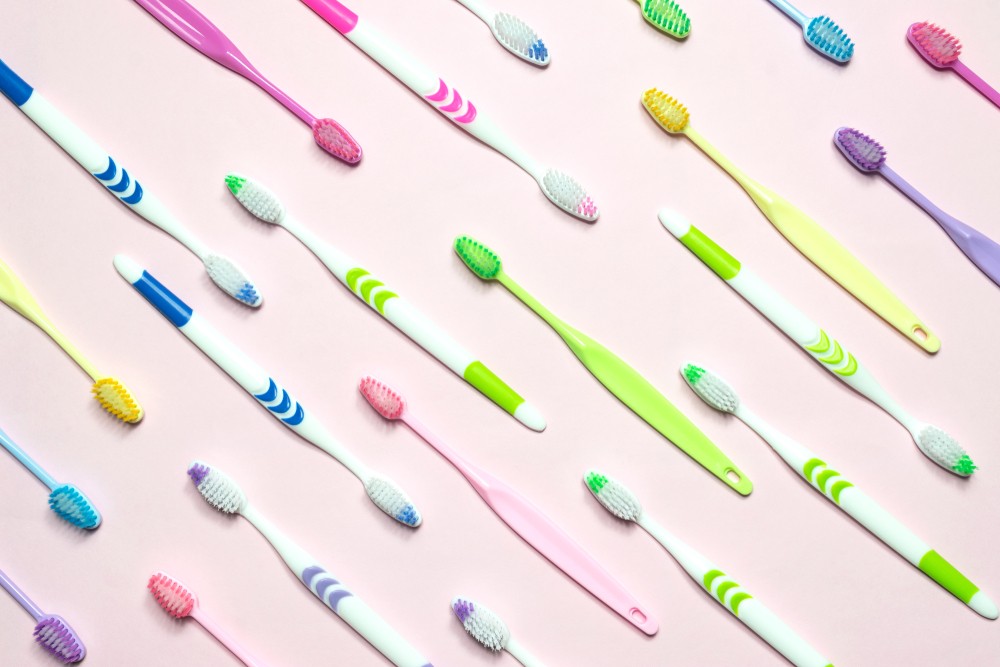 With spring almost here and warmer weather on the way, now is the perfect time for a spring cleaning - of your mouth! It may not seem obvious, but changing your oral health routine each season is a must to maintain a healthy smile. Here are some things you can do to maintain your oral health this spring.
With spring almost here and warmer weather on the way, now is the perfect time for a spring cleaning - of your mouth! It may not seem obvious, but changing your oral health routine each season is a must to maintain a healthy smile. Here are some things you can do to maintain your oral health this spring.
 You may have seen friends, family or television characters wearing devices on their face that connect to their braces and wondered what on earth they were wearing. Well, chances are it was something called orthodontic headgear, or more commonly referred to as simply headgear.
You may have seen friends, family or television characters wearing devices on their face that connect to their braces and wondered what on earth they were wearing. Well, chances are it was something called orthodontic headgear, or more commonly referred to as simply headgear.
So, what is headgear, anyway - and why do doctors and dentists prescribe it? Here’s all you ever wanted to know about this beneficial orthodontic device.
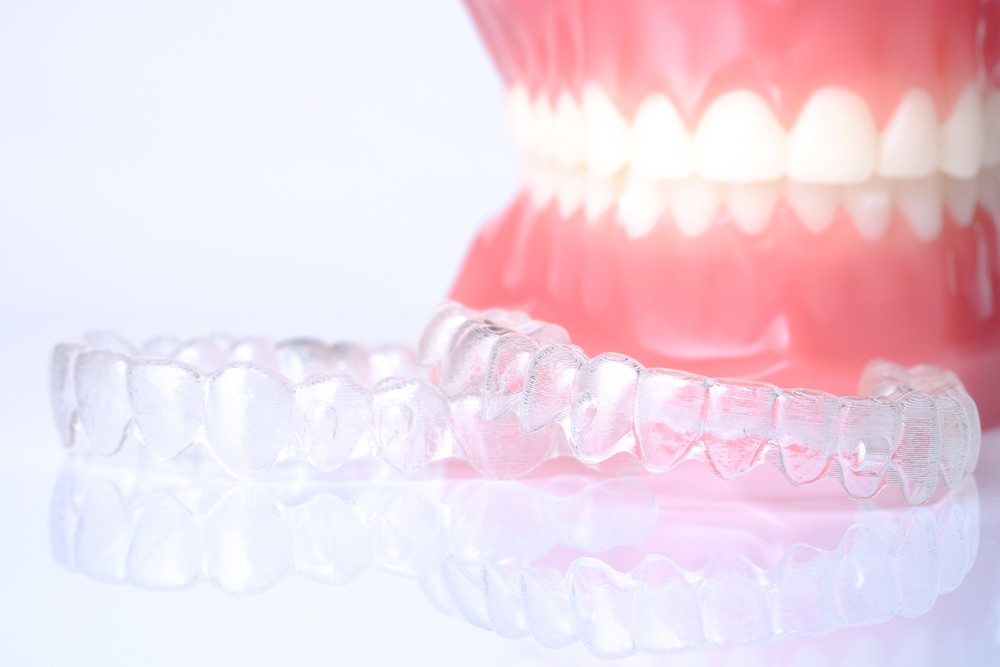 We all lead busy lives. Between work, family commitments and social activities, it can be difficult to add another activity to your already-full plate - even if that activity will improve your health and appearance. Take braces, for example. In addition to wearing aligners or wires and brackets, braces require extra care and extra time for orthodontic appointments. That can be difficult for some people to squeeze into a packed schedule, so they put it off or simply never do it.
We all lead busy lives. Between work, family commitments and social activities, it can be difficult to add another activity to your already-full plate - even if that activity will improve your health and appearance. Take braces, for example. In addition to wearing aligners or wires and brackets, braces require extra care and extra time for orthodontic appointments. That can be difficult for some people to squeeze into a packed schedule, so they put it off or simply never do it.
 Your tooth enamel is the hardest biological material in our body - harder than even bone. But despite its strength, it is still susceptible to damage from some surprisingly common culprits. Keeping enamel safe and intact is the best way to maintain the health of your teeth, but many people don’t realize these common behaviors could be putting their enamel at risk.
Your tooth enamel is the hardest biological material in our body - harder than even bone. But despite its strength, it is still susceptible to damage from some surprisingly common culprits. Keeping enamel safe and intact is the best way to maintain the health of your teeth, but many people don’t realize these common behaviors could be putting their enamel at risk.
 We all know how important it is to love ourselves - and that includes taking care of our health and hygiene. But many people don’t think of their oral hygiene when they think about self-love. This Valentine’s Day, don’t forget your oral health - it just may be the most important part of yourself to protect.
We all know how important it is to love ourselves - and that includes taking care of our health and hygiene. But many people don’t think of their oral hygiene when they think about self-love. This Valentine’s Day, don’t forget your oral health - it just may be the most important part of yourself to protect.
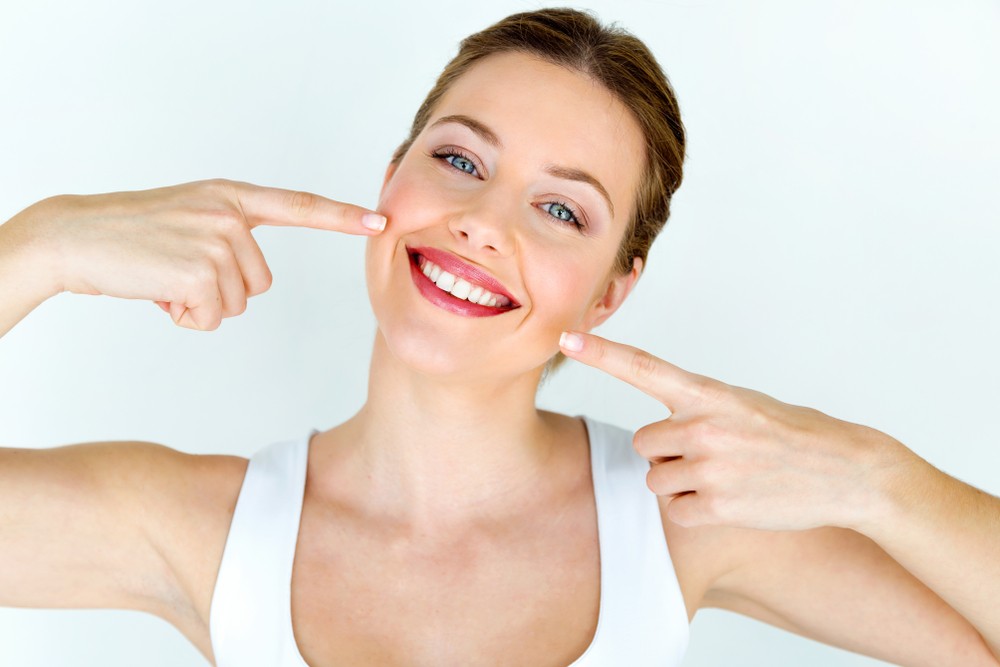 If you think of how dental technology has changed over the decades from the days of wooden dentures and boar-bristle toothbrushes, it’s pretty astounding. But for all the advances in how we care for and examine teeth, there has not been much change in the way we heal teeth - until now. That’s because scientists at King’s College in London are creating a self-regenerating tooth.
If you think of how dental technology has changed over the decades from the days of wooden dentures and boar-bristle toothbrushes, it’s pretty astounding. But for all the advances in how we care for and examine teeth, there has not been much change in the way we heal teeth - until now. That’s because scientists at King’s College in London are creating a self-regenerating tooth.
 With the New Year right around the corner, many of us are making resolutions to get healthier. But if all you’re planning on changing is your diet and exercise routine, those resolutions may not be going far enough. That’s because in order to have a truly healthy body, you have to have a healthy mouth. Poor oral health has been directly linked to everything from cancer to stroke to diabetes, Alzheimer’s and even heart disease.
With the New Year right around the corner, many of us are making resolutions to get healthier. But if all you’re planning on changing is your diet and exercise routine, those resolutions may not be going far enough. That’s because in order to have a truly healthy body, you have to have a healthy mouth. Poor oral health has been directly linked to everything from cancer to stroke to diabetes, Alzheimer’s and even heart disease.
Thankfully, taking charge of your oral health is easy. Just follow these tips to get a healthier mouth in 2019.
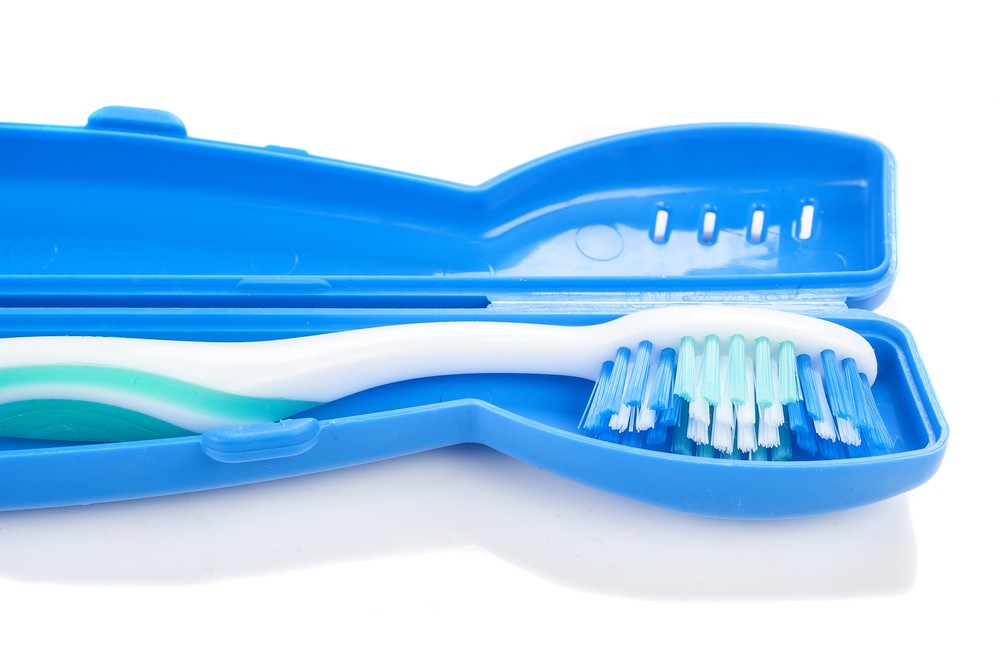 It’s a fact of life these days that most of us work pretty long hours. Those late workdays don’t leave time for much outside of work - including maintaining our oral health. But don’t let a hectic workday be your excuse to not care for your teeth. It may seem impossible, or at very least not worth the trouble, but keeping your teeth clean during the workday is a great way to stave off many oral health problems that could arise down the line. Here are a few of our favorite tips.
It’s a fact of life these days that most of us work pretty long hours. Those late workdays don’t leave time for much outside of work - including maintaining our oral health. But don’t let a hectic workday be your excuse to not care for your teeth. It may seem impossible, or at very least not worth the trouble, but keeping your teeth clean during the workday is a great way to stave off many oral health problems that could arise down the line. Here are a few of our favorite tips.
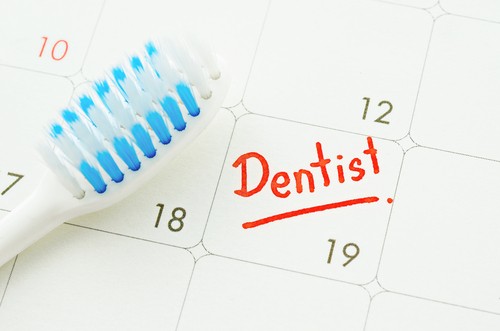 When the most recent round of California wildfires began earlier this fall, little did anyone know how devastating the disaster would be - or how hard it would be to identify the dozens of victims of the wild blaze. But a grim form of dentistry - forensic dentistry - is coming to the rescue in a big way.
When the most recent round of California wildfires began earlier this fall, little did anyone know how devastating the disaster would be - or how hard it would be to identify the dozens of victims of the wild blaze. But a grim form of dentistry - forensic dentistry - is coming to the rescue in a big way.



